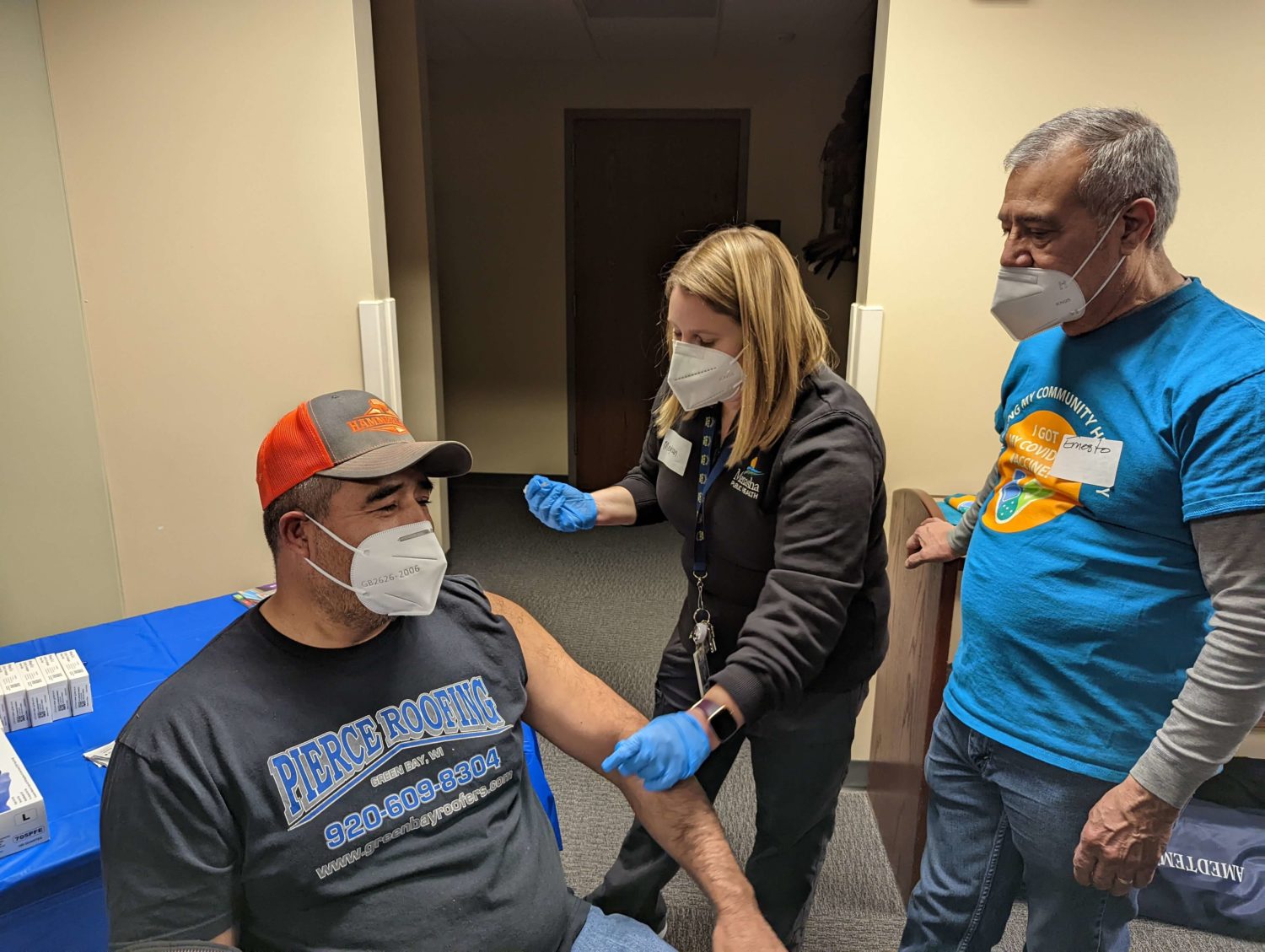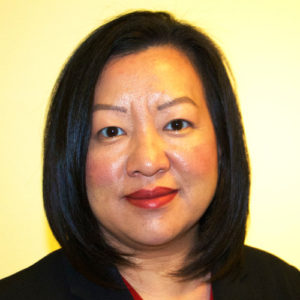
What began as a committee to help marginalized communities get the information they needed in the crisis of the pandemic has now grown into Multicultural Coalition, Inc, a collaborative organization that has filed for official nonprofit status and intends to continue working for greater equity across the Fox Valley.
When the COVID-19 pandemic first began in the spring of 2020, several leaders of communities of color in the area saw an urgent need, especially related to communicating vital information about the rapidly-evolving pandemic.
“We were coming up with urgent solutions. This was not long term planning obviously, it was quick responses,” said Trish Sarvela, Chief Development Officer at Partnership Community Health Center. “We quickly knew that mainstream marketing media communication strategies were most likely not going to impact the people who needed to get this information into their hands, whether they were living in a rural community, they spoke Spanish, they were refugees, homebound elders. We really needed to come up with ways to communicate with them as effectively and efficiently and equitably to get that information up.”
Several leaders convened the Multicultural Communications Committee to help bridge information gaps in multiple languages and cultural contexts, as well as provide information to communities that might not fully trust mainstream sources like newspapers and government announcements.
When vaccines became available, it was clear that the group was already well-positioned to connect those vaccines with communities who might have a hard time getting them, and overcome the deep racial disparities in vaccine access. So the group, meeting regularly to assess needs, evolved from a focus on information to actually hosting pop-up vaccine clinics. They’ve held more than 30 already with plenty more to come.

Dr. Pam Her, one of the founding board members of MCI, said the pop-up clinics are designed with cultural competence in mind, to be welcoming and inviting for all and overcome some of the barriers. That includes volunteers able to speak multiple languages, snacks from various cultures (sourced from local businesses owned by people of color), and literal applause for people getting vaccinated. All that has led to more people trusting MCI to deliver vaccines.
“When they come, it may be one family member that comes, but when we have another popup clinic, they bring all of their family,” Her said. “Now they are the best marketing tool for us, because they go out and they’re like, ‘Oh my goodness, I went in, there was someone there that spoke Spanish or someone there that spoke Hmong, and there was someone from the healthcare place that came and they answered all my questions about COVID and all the fears that I had. And they I did it from a culturally informed lens. And so they get me, they get where we’re coming from, they get why we’re so worried about this.’ … It’s really just a whole atmosphere, and how we build that atmosphere and that environment when they walk in.”
The pivot from communications to vaccine delivery proved to Her and others that the coalition could tackle other issues, too.
“We are committed as part of MCI, the organization, to not just being here when COVID is here, and then when COVID is done, we’re gone. That’s not our goal,” she said. “Our goal is to utilize this opportunity, this door that is open to engage in these difficult conversations, to co-create these safe spaces, because we know that there are other inequities in other areas that need to be addressed. … As much as maybe the virus will go away, our rates will drop if people will get vaccinated, the inequities and the disparities will even be more profound as a result of how this pandemic has really disproportionately affected communities of color, low income people, vulnerable populations.”
Her said MCI, which is in the process of securing 501(c)(3) status, seeking funding and hiring staff, would begin looking at ways to tackle inequity in areas like literacy, transportation, health care access, housing, education and more.
Ernesto Gonzalez, executive director of Casa Hispana, said the pandemic made existing groups work together in ways they haven’t before.
“There were some common needs, but we never had a place where we can all come together,” he said. “And so I think the Multicultural Communications Committee gave us that venue, that place where we can come together. And then we started brainstorming not only in the context of talking about the needs within our community, but to take action.”
Gonzalez said he believes that kind of collaboration is here to stay.
“I believe that (collaboration) is probably the new way of doing things,” Gonzalez said. “We’ve had this history of entering this political way of the government saying, ‘Play this game and we will award you, and whoever speaks the loudest, or shouts the loudest, or does certain manipulations the best way or, or pats me the best way in the back, or whatever, gets the pie.’ And I think that some people, some very deserving people, get left out because of this game that we play. So I think that this (collaborative effort) is proving to be more successful and getting much better results than what has been the practice.”
“This opportunity with COVID-19 gives us that foundational piece that maybe we didn’t have before to become one collective voice, to come together, and to talk about how we can elevate our voices collectively to bring in resources, to bring in support for our communities who have historically and systemically been marginalized forever,” Her added.
Gonzalez and Her also said the groups coming together helped raise the profile of their work and amplified all the voices of those affected, leading to attention from the governor and a meeting with Department of Health Services Secretary-designee Karen Timberlake.
“I think there are things that we shared that surprised her in terms of access to funding, where the money is going, the process for funding, all those things,” Her said of that meeting. “And I think we developed a relationship where I think she wants to hear from us in terms of what’s happening with boots on the ground.”
“What an opportunity to really put these (issues) on the table and say, “These are our needs of our community,” and that we are looking for ways to find solutions,” Gonzalez said.
Her said the work will continue, funded by foundations, government and individual donations, and powered by the passion of people who’ve been doing the work all along.
“Moving from intent to impact is very difficult,” she said. “Everybody comes in with the greatest of intention, but does that necessarily translate into impact?”
She said the biggest barrier going forward will be the time this work takes.
“This is not nine to five work, this is life work. This is blood work. It has to be something that is done all places in all times and that’s hard,” she said. “We do it because we love our people, our community, and if we don’t do it, no one else is going to do it.”
Multicultural Coalition Inc will host popup vaccination clinics at the following dates, times and places. All are welcome, regardless of where you live.
1/14/22 – Pillars at 1928 W. College Ave. in Appleton from 5-7 p.m.
1/22/22 – St. James Methodist Church at 100 W. Capitol Dr. in Appleton from 9:30-11:30 a.m.
1/27/22 – Appleton North High School (student-led) in the library, time TBD
2/3/22 – Menasha Public Library from 2:30-5:30 p.m.
2/4/22 – Highlands second dose from from 3:30-5:30 p.m.
2/4/22 – Pillars on College Ave. from 5-7 p.m.



